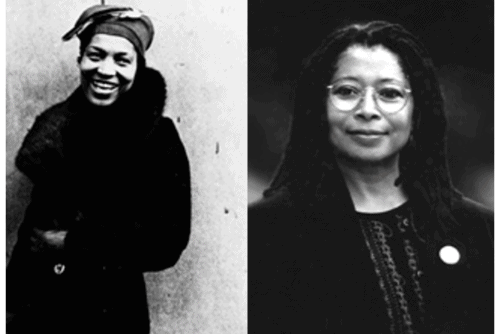Counter Visions
Global feminism is positioned to offer counter visions for progressives in general, by imagining solidarities across national borders; by organizing around issues that connect political, economic, and cultural issues; by refusing single-issue or narrow identity frames; and by inventing new organizational and activist forms. Transnational and postcolonial feminists in particular have been at the cutting edge of devising a politics innovative enough to grasp the force of neoliberalism, and unveil the vision of bloodless world domination as the brutal and violent politics of coercion and inequality. 1
If the triumph of neoliberalism brings us into the twilight of equality, this is not an irreversible fate. This new world order was invented during the 1970s and 1980s and dominated the 1990s, but it may now be unraveling – if we are prepared to seize the moment of its faltering, to promote and ensure its downfall. Only an interconnected, analytically diverse, cross-fertilizing, and expansive left – a left centrally shaped by the projects of global feminism – can seize this moment to lead us elsewhere, to newly imagined possibilities for equality in the twenty-first century.
- See for example M. Jacqui Alexander and Chandra Talpade Mohanty, eds., Feminist Genealogies, Colonial Legacies, Democratic Futures (New York: Routledge, 1996); and Anne McClintock, Aamir Mufti, and Ella Shohat, eds., Dangerous Liaisons: Gender, Nation and Postcolonial Perspectives (Minneapolis: University of Minnesota Press, 1997).[↑]



